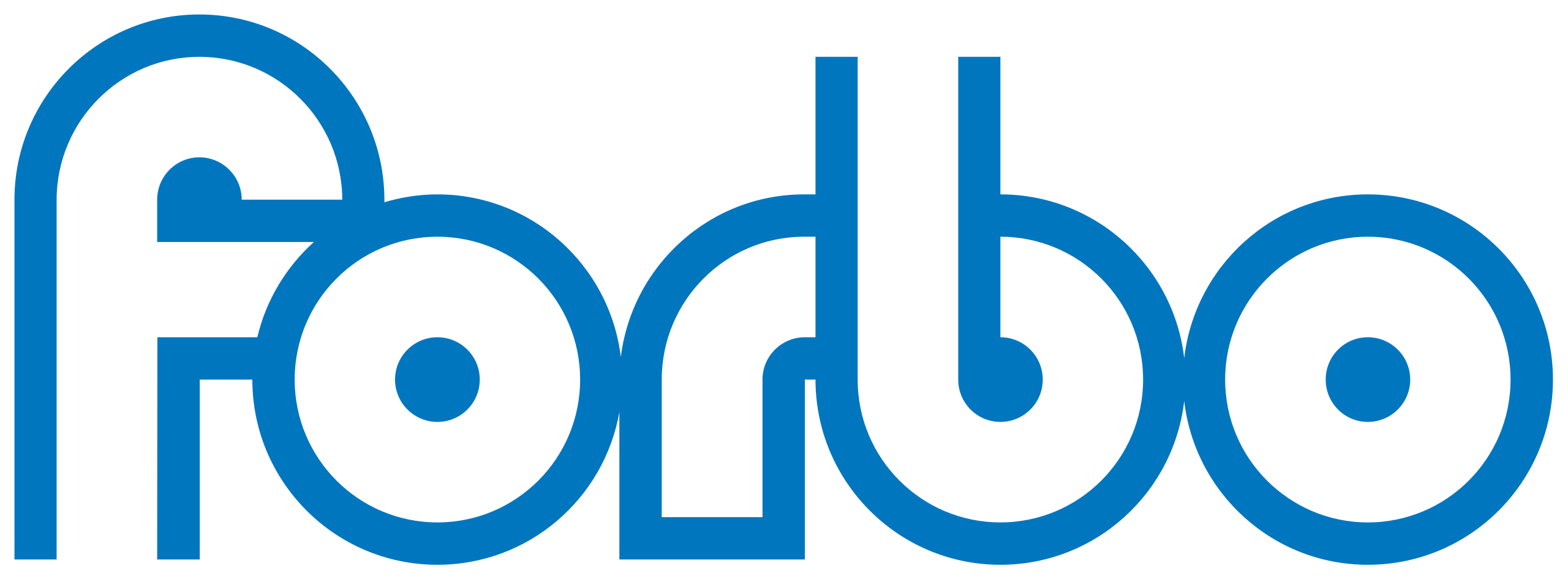

We’re the ones to turn to for world-class training and apprenticeships. We’ve helped many well-known B2B organisations in the UK ensure everyone is able to take control of their continuous professional development. Ultimately, by partnering with us, employers and employees alike can improve performance and progress their careers.

Get the most from the Apprenticeship Levy and shape the leading lights of the future. We’re listed on the Register of Apprenticeship Training Providers, so you can trust that we have what it takes to help you develop a highly-skilled workforce. Best of all, each of our programmes is customised and delivered via an award-winning, digital apprenticeship platform.

Delivering customer excellence.
Growing customers through great service.
Create Your Future Leaders.
Developing digital sales experts.
Develop World-class Salespeople.
Transforming managers into leaders.
Creating a coaching culture.
Our training is on another level. You can opt for customised programmes, where we delve deep to pinpoint your specific needs and mould the learning to your business. Or you can choose our open courses, enabling team members to be trained up in a specific skill without the usual sacrifice of your time or budget.

Starts here.
World-class teams start with world-class training.
Performance-enabling programmes.
Size up your leaders for the future.




































































